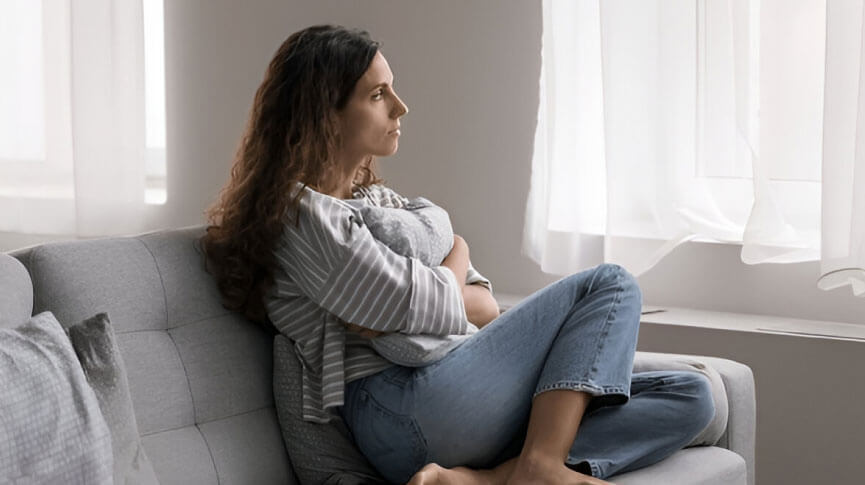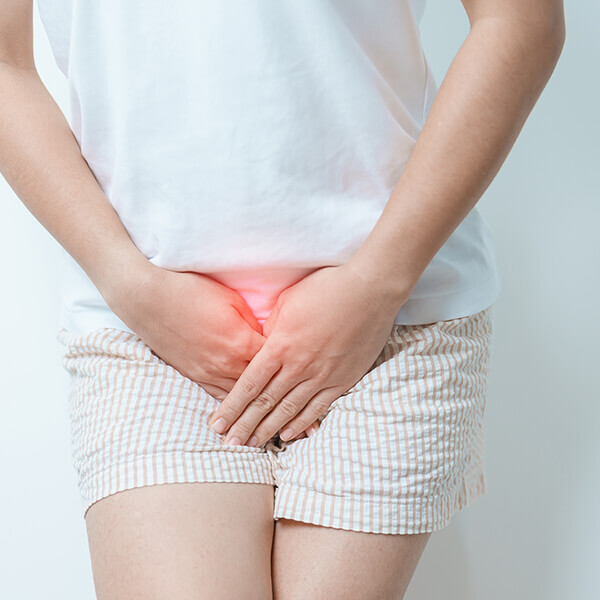
Post-hysterectomy sexual adjustment is the process of relearning intimacy after a uterus is removed. It includes physical changes, emotional shifts, and discovering new ways to feel pleasure.
Visit our DOXXES store on North Freeway / Little York for products that support comfort and healing.
What Is Post-Hysterectomy Sexual Adjustment?
This term describes changes in sexual response after hysterectomy surgery. You may notice:
- Less sensation or pleasure
- Pain during sex
- Trouble with arousal or climax
Doctors often describe pain as:
- Superficial: at the skin or vaginal opening
- Deep: in the pelvic area
- Provoked: triggered by touch or movement
Why Does It Happen?
Emotional causes include:
- Stress about healing or body image
- Fear of pain or trying sex again too soon
- Past sexual trauma
- Relationship strain or lack of communication
Physical causes may include:
- Scar tissue or infection
- Hormonal changes, especially if ovaries were removed
- Muscle tightness or pelvic floor dysfunction
- Shortened vaginal canal or dryness
Often, emotions and physical issues combine and make symptoms feel worse.
Examples and Triggers
Real examples:
- Sharp pain during penetration
- Burning with certain positions
- No arousal or weak orgasms
- Feeling nervous before intimacy
How to find triggers:
- Track symptoms in a journal after sex
- Note when pain happens—before, during, or after
- Test changes—like using more lube or trying a slower pace
Who It Affects
Anyone who has had a hysterectomy can face sexual changes. It may affect your self-image, desire, or connection with your partner.
- Women may feel unsure about their sexual identity
- Partners may worry about causing pain
- All genders benefit from open talk and support
If you're wondering how to orgasm after hysterectomy, trained professionals can help guide you.
How a Sex Therapist Can Help
- Explore your sexual history to spot patterns
- Screen for depression, anxiety, or trauma
- Suggest gentle exercises or new ways to enjoy touch
- Help couples rebuild trust and communication
Ways to Cope and Heal
- Talk therapy: Work through body changes or fears
- Pelvic floor therapy: Learn how to relax or strengthen muscles
- Self-exploration: Safe solo play helps reconnect with pleasure
- Helpful tools: Vibrators, lubricants, or dilators may ease sensitivity

How DOXXES Can Help
DOXXES offers tools made for sensitive care:
- Water-based lubricants
- Pelvic floor exercisers
- Gentle vibrators
- Prostate massagers for circulation and muscle relief
Each product includes easy instructions. Many find the best results by pairing them with therapy.
Talking About It with Others
- Be open about your feelings: “I feel nervous about pain.”
- Use “I” statements to stay supportive
- Talk in a calm, private setting
- Learn together—read or explore info as a couple
- Get help early if the issue causes stress or distance
Visit DOXXES on North Freeway / Little York
Our store is a private, welcoming space. We’re here to help you explore tools that improve comfort and intimacy after surgery. Ask questions and get caring advice from our expert staff.
Conclusion
Healing takes time—but support, patience, and the right tools can make a big difference. If you’re adjusting to intimacy after a hysterectomy, DOXXES is here to guide you with trusted products and expert care.
FAQs
- Can sex change after a hysterectomy?
Yes. Some people feel better, while others notice dryness, discomfort, or emotional shifts. - Can I get support at North Freeway / Little York?
Yes. We offer education, hormone checks, and therapy referrals. - Will I still enjoy sex?
Most people do—but healing and comfort may take time. - Why does pain happen after surgery?
Scar tissue, nerve changes, or pelvic muscle tightness are common causes. - Can dryness increase after surgery?
Yes—especially if ovaries are removed, leading to lower estrogen. - What helps improve intimacy?
Lubricants, pelvic therapy, estrogen, and open communication help most. - Should I wait before having sex again?
Yes. Usually 6–8 weeks—but follow your doctor’s advice. - Do hormone levels change after hysterectomy?
Yes, if the ovaries are removed. This can affect desire or comfort. - Is therapy helpful after surgery?
Yes. It helps with body image, stress, or emotional healing. - Is personalized care available at North Freeway / Little York?
Yes. We offer support tailored to your post-surgery needs.
